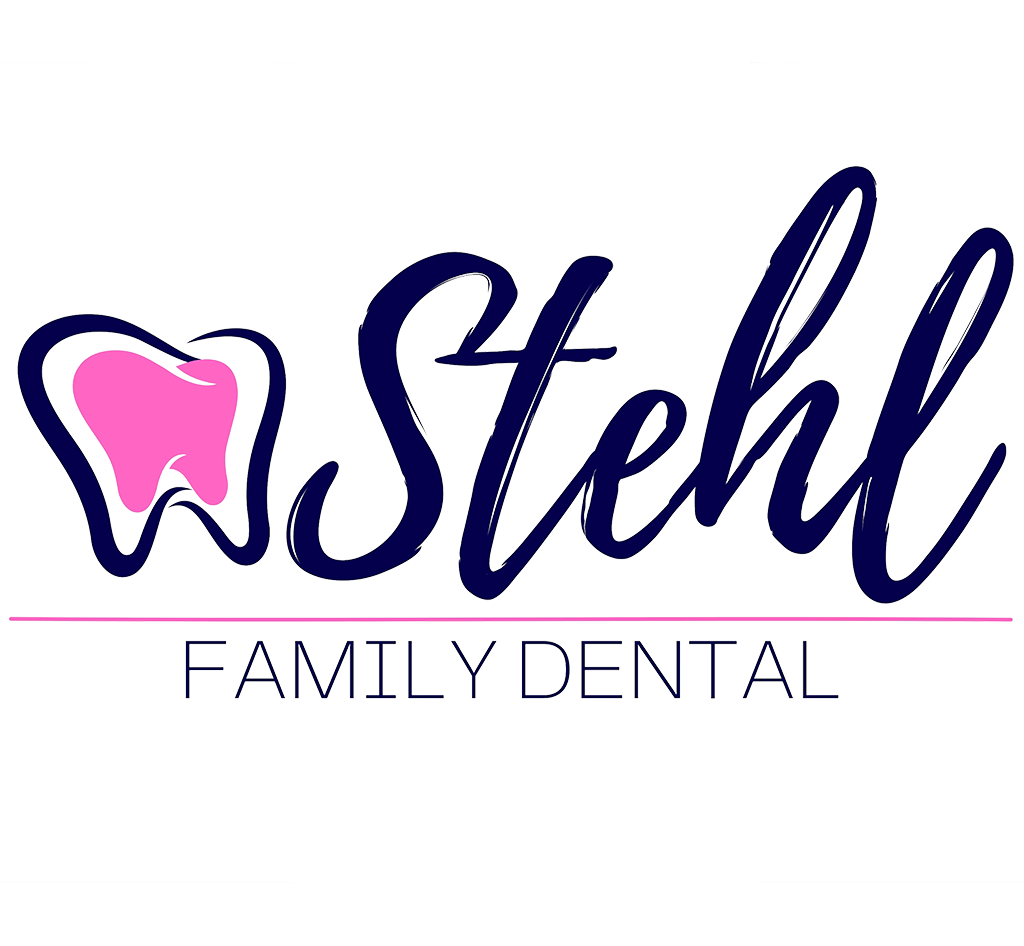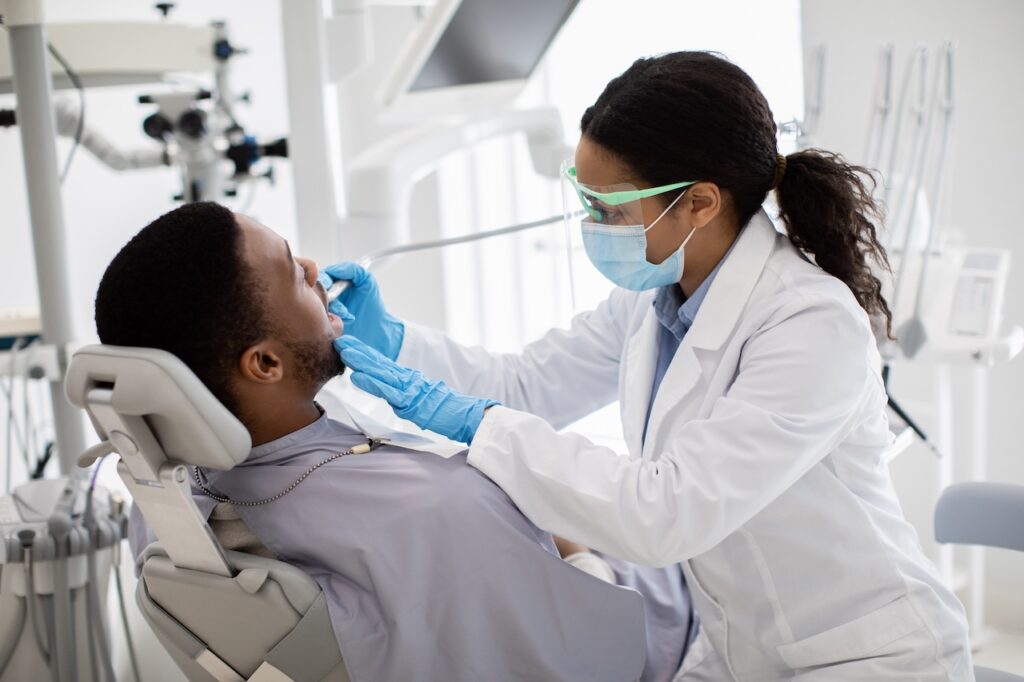Feeling a little nervous about your next dental visit? You’re not alone! While many people feel uncertain about what happens during a check-up, understanding the process can help ease any anxiety and highlight just how important these dental exams are for your overall health.
Why Are Dental Check-Ups Important?
Skipping dental appointments might seem tempting if life gets busy, but they serve a critical role in your health. Here’s why they matter:
- Early detection of issues: Regular check-ups can catch problems like cavities, gum disease, or oral cancer early, often before you notice the symptoms. This makes treatment easier and less invasive.
- Prevention is key: Professional cleanings remove tartar and plaque that brushing at home can’t, preventing decay and gum disease before they take hold.
- Overall health insights: Did you know your dentist can spot early signs of systemic issues like diabetes or nutritional deficiencies? Your oral health often reflects your overall well-being.
- Save money long-term: Addressing minor issues today can prevent larger, costlier problems in the future.
What Happens During a Dental Check-Up?
A dental exam is more than just a quick look at your teeth. It’s a thorough process aimed at maintaining your oral health. Here’s what you can typically expect during your appointment:
1. Initial Review and Discussion
Your dentist or dental hygienist will start by discussing your medical history, any ongoing concerns, and possible symptoms like tooth sensitivity, gum bleeding, or jaw pain. Be honest and thorough here—this information helps your dental team tailor the check-up to your needs.
2. Teeth Cleaning (Prophylaxis)
Cleaning your teeth is usually one of the first steps in the process. A dental hygienist will:
- Remove plaque and tartar buildup using specialized tools.
- Conduct a deep cleaning to polish your teeth, leaving them feeling smooth and fresh.
- Offer flossing and advice on maintaining great oral hygiene at home.
3. Oral Examination
Your dentist will then visually inspect your teeth, gums, and mouth. Here’s what they’ll be looking for:
- Cavities or early signs of tooth decay.
- Gum disease or inflammation (gingivitis or more advanced periodontitis).
- Any unusual lumps, sores, or discoloration in your mouth that could indicate other health concerns.
4. Dental X-rays
To get a deeper look beneath the surface, your dentist may take X-rays. These images help reveal issues that aren’t visible during the oral exam, such as:
- Decay between teeth.
- Impacted wisdom teeth.
- Bone loss due to gum disease.
Not every visit requires X-rays, but they are an invaluable tool for identifying problems early.
5. Treatment Recommendations
After the examination, your dentist will go over any findings and discuss the next steps. If you need further dental work—like fillings, crowns, or even orthodontic treatment—they’ll explain your options and create a plan tailored to your needs.
6. Patient Education
One of the most valuable parts of a dental visit is the advice and education you receive. Dentists can offer personalized tips for improving your oral hygiene, adjusting your diet to protect your teeth, and more.
How to Prep for Your Dental Visit
Preparing for a dental visit doesn’t require a lot, but a little effort can make the experience smoother and more effective. Here are a few tips to get ready:
- Brush and floss: Clean your teeth thoroughly before heading to the dentist. While they’ll do a deep cleaning, it’s helpful for them to see your natural oral state.
- Be honest about your habits: Whether you’ve been skipping flossing or love sugary snacks, be upfront. The more your dentist knows, the better they can help.
- Bring a list of questions: If you have concerns about your teeth, gums, or overall oral health, jot them down beforehand so you don’t forget to ask.
- Update your medical information: Share any recent changes to your health or medications, as these can affect your oral care (and vice versa).
How Often Should I Get a Dental Check-Up?
Although individual needs may vary, most dental professionals recommend scheduling a check-up every six months. This biannual schedule helps ensure any potential problems are caught early and keeps your teeth and gums in top shape.
However, some individuals—such as those with a history of gum disease, frequent cavities, or chronic health conditions—may benefit from more frequent visits. Your dentist can advise you on the best schedule for your specific needs.
Experience Expert Care at Stehl Family Dental
At Stehl Family Dental, we believe dental care goes far beyond clean teeth. It’s about creating a welcoming environment where you feel respected, informed, and supported at every step.
If you’re ready to experience a personalized, professional dental visit, we’d love to welcome you to our community. Schedule your next appointment with us and take the next step toward a healthier smile.

